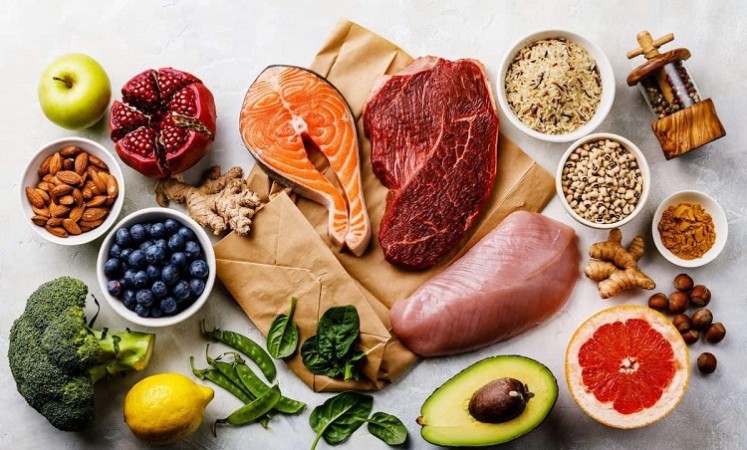
Hormones play a crucial role in maintaining our overall health and well-being. They regulate various bodily functions, including metabolism, mood, growth, and reproduction. An imbalance in hormones can lead to a wide range of health issues. Fortunately, you can support hormonal balance through your diet. In this article, we'll explore the top 10 foods that can help regulate hormones naturally.
Fatty Fish:
Fatty fish like salmon, mackerel, and sardines are rich in omega-3 fatty acids. These healthy fats are essential for hormone production and function. Omega-3s also reduce inflammation, which can help balance hormones and alleviate symptoms of conditions like PCOS and PMS.
Avocado:
Avocado is packed with monounsaturated fats, which are beneficial for hormonal health. They provide a steady source of energy and can help stabilize blood sugar levels, reducing insulin spikes that can disrupt hormone balance.
Broccoli:
Cruciferous vegetables like broccoli are high in indole-3-carbinol, a compound that supports the liver's detoxification processes. This helps the body eliminate excess estrogen and maintain a healthy balance of sex hormones.
Chia Seeds:
Chia seeds are a great source of fiber, omega-3s, and antioxidants. They can help regulate insulin levels and reduce inflammation, which is crucial for hormonal balance. Plus, they promote a feeling of fullness, aiding in weight management.
Yogurt:
Probiotic-rich foods like yogurt support gut health, which is linked to hormonal balance. A healthy gut microbiome can enhance the absorption of nutrients necessary for hormone production and metabolism.
Nuts:
Nuts, such as almonds and walnuts, are high in healthy fats, vitamins, and minerals. They provide essential nutrients for hormone production and can help reduce the risk of insulin resistance.
Turmeric:
Turmeric contains curcumin, a potent anti-inflammatory compound. It can help reduce inflammation-related hormonal imbalances and may alleviate symptoms of conditions like endometriosis.
Berries:
Berries are rich in antioxidants, which combat oxidative stress and inflammation. They can help protect against hormone disruption and support overall health.
Leafy Greens:
Leafy greens like spinach and kale are rich in essential nutrients, including magnesium. Magnesium plays a role in over 300 enzymatic reactions in the body, including hormone regulation.
Soy Products:
Soy contains phytoestrogens, which can help balance estrogen levels in the body. Consuming moderate amounts of soy products like tofu and tempeh may be beneficial for women experiencing hormonal fluctuations.
Maintaining hormonal balance is essential for overall health and well-being. Incorporating these hormone-regulating foods into your diet can help support your body's natural hormonal processes. Remember that a balanced diet, combined with regular physical activity and stress management, is key to achieving and maintaining hormonal harmony. If you suspect a significant hormonal imbalance, it's advisable to consult with a healthcare professional for a thorough evaluation and personalized guidance.
Yogurt in Your Skin Care: How to Use Yogurt for Skin Health?
High Blood Pressure: 3 Crucial Indian Spices for Lowering BP Naturally